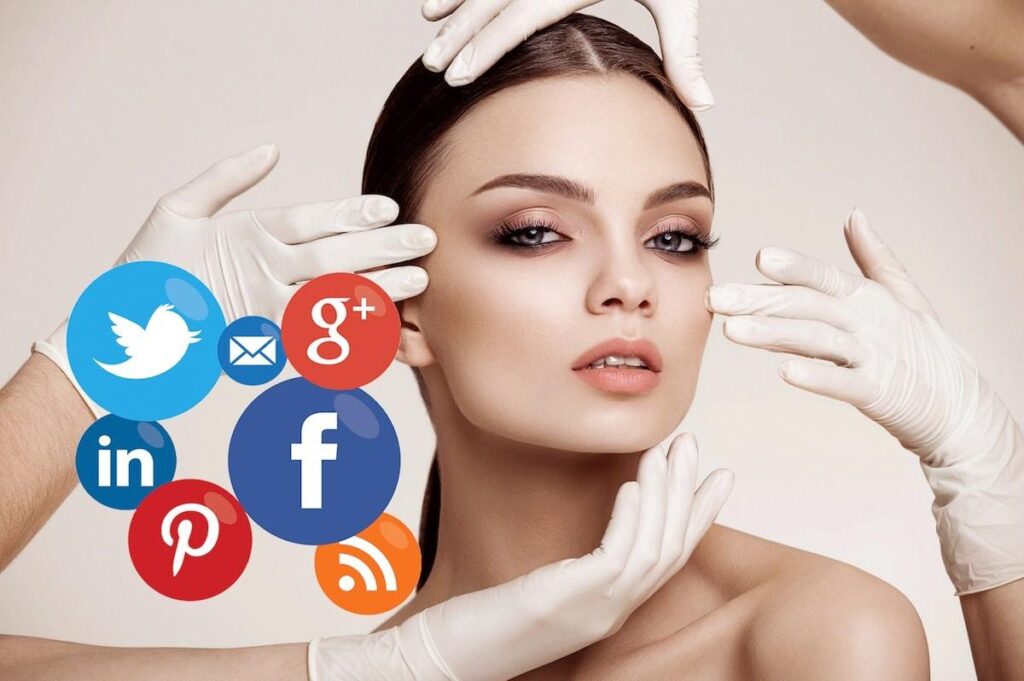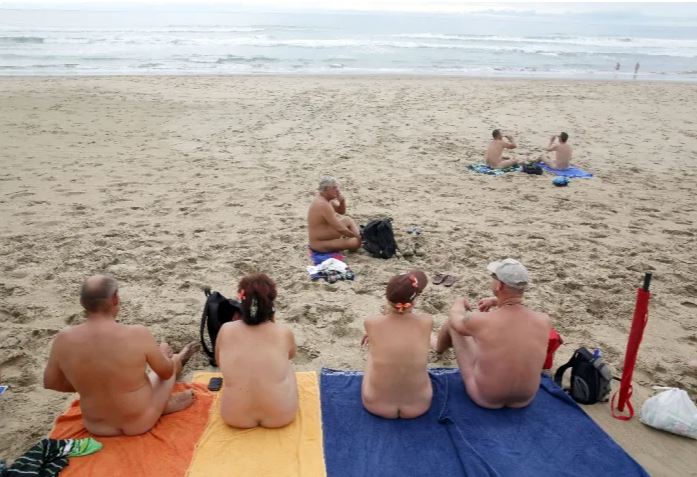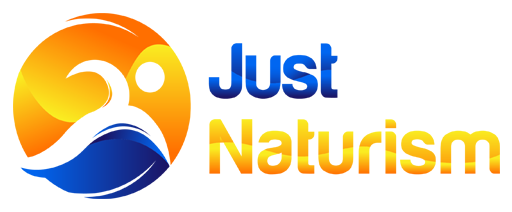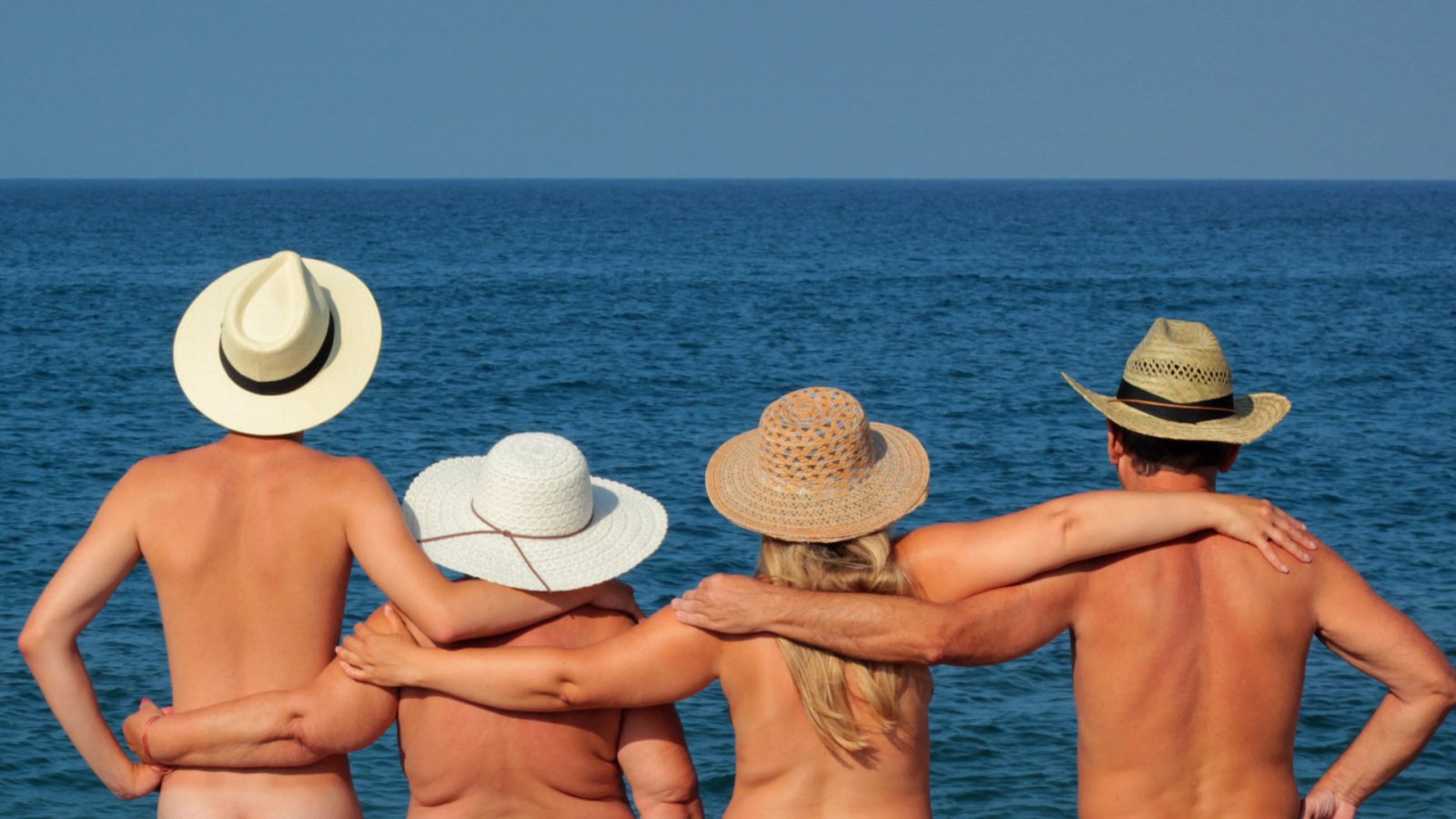Society and media have long imposed a narrow and unrealistic standard of beauty on individuals, often leading to feelings of inadequacy and a lack of self-acceptance. However, it’s time for us to challenge this standard and embrace self-acceptance and self-love for who we truly are.
The media constantly bombards us with images of the “perfect” body type, skin tone, and facial features. These images often serve as the benchmark for what is considered beautiful, leading many individuals to feel like they don’t measure up. This can lead to a negative self-image and a lack of self-esteem.
But it’s important to remember that beauty is subjective and that everyone has their own unique features and qualities that make them special. Therefore, almost no person can meet society’s and the media’s impossible standards.
Embracing self-acceptance means accepting and loving ourselves for who we are, flaws and all. It means recognizing that our imperfections are what make us unique and beautiful. It means acknowledging that society’s standard of beauty is just one perspective and that there is no one “right” way to look.
It’s also important to remember that self-acceptance is a journey, and it may take time to get there. So it’s okay to have moments of self-doubt and to struggle with loving ourselves. But it’s important to keep working towards self-acceptance and to surround ourselves with positive and supportive people who will lift us up.
What is Beauty, and How Has it Been Misrepresented in the Media?
Beauty has been defined and redefined throughout history, but one thing remains constant: it is a subjective concept that varies from person to person. The misrepresentation of beauty in the media has not only affected people’s self-esteem but also led to a distorted understanding of what beauty truly is.
Through various mediums such as television, movies, magazines, and social media sites, the media has often portrayed beauty as being limited to specific physical attributes such as a slim figure, fair skin, and symmetrical facial features. This has led many individuals to believe that they can only be considered beautiful if they fit into this narrow definition.
However, it’s important to remember that beauty is not limited to physical appearance. Beauty can be found in a person’s character, personality, and talents. It’s not something that can be quantified or measured by societal standards.
Moreover, the media has also perpetuated harmful stereotypes about beauty. It has often portrayed beauty as being only for the young and thin, leading to societal pressure to maintain a certain body type and age. This has affected not only how people view themselves but also how they view others.
Furthermore, the media has also been guilty of promoting unrealistic and unattainable beauty standards through the use of Photoshop and other editing tools. This has led many individuals to believe that the images they see in the media are authentic and achievable, leading to feelings of inadequacy and a lack of self-acceptance.
So to define beauty, I want to say that beauty is a complex and multifaceted concept that can be difficult to define. It encompasses both physical and mental aspects, such as skin color, facial features, weight and body type, personality, and intelligence. It’s important to remember that beauty comes in all shapes and sizes and that true beauty comes from within. Society’s standards of beauty can be harmful, and it’s essential to appreciate and embrace the unique qualities that make each of us beautiful in our own way.
How Social Media Perpetuates Unrealistic Beauty Standards
Social media has revolutionized the way we communicate and interact with each other, but it has also perpetuated unrealistic beauty standards. From Instagram models to YouTube beauty gurus, social media platforms are flooded with images and videos of individuals who have been filtered, edited, and curated to fit into society’s narrow definition of beauty.

One of the ways social media perpetuates unrealistic beauty standards is through the use of filters and editing tools. Many social media users, particularly influencers and models, use these tools to enhance their features, smooth their skin, and alter their bodies to fit into society’s standard of beauty. This creates an environment where users are constantly exposed to images of individuals who look perfect, making it easy to compare oneself to these edited versions of reality.
Additionally, social media platforms also allow users to curate their online presence, only showing their best moments and aspects of their lives. This can create a false sense of reality, leading individuals to believe that everyone else’s life is perfect and that they are the only ones struggling. This can lead to feelings of inadequacy, low self-esteem, and a lack of self-acceptance.
Moreover, social media also promotes the idea that beauty is only skin-deep. From makeup tutorials to skincare routines, social media is filled with content that focuses on external beauty. While there is nothing wrong with taking care of oneself and looking good, social media often promotes the idea that beauty is only about appearance, making it easy to overlook the other qualities that make a person truly beautiful.
It’s important to remember that the images and videos we see on social media are often curated, edited, and do not reflect reality. It’s easy to fall into the trap of comparing oneself to these edited versions of reality, leading to feelings of inadequacy and a lack of self-acceptance. It’s crucial to remember that beauty is subjective and that everyone has their unique qualities that make them special. Social media can be a great tool for connecting with others and learning about different perspectives, but it’s important to be mindful of the unrealistic standards it can perpetuate and to practice self-compassion and self-acceptance.
The Unexpected Benefits of Nudism: How It Helps Us Reconstruct Our Idea of Beauty and Embrace Our Natural Bodies
While it may seem like a strange or even taboo practice to some, there are actually many unexpected benefits to nudism. One of the most significant benefits is that it helps us reconstruct our idea of beauty and embrace our natural bodies.
One of the main reasons that nudism is beneficial is that it helps to break down social norms and expectations around body image. Nudism allows us to see ourselves and others in a different light without the distractions of clothing and societal expectations. By embracing our natural bodies, we can learn to appreciate and love ourselves for who we truly are.
Another benefit of nudism is that it promotes self-acceptance and self-love. When we are constantly bombarded with images of airbrushed and photoshopped bodies in the media, it can be challenging to feel good about ourselves. Nudism allows us to see that everyone’s bodies are different and unique and that there is no one “perfect” body. By learning to accept and love our own bodies, we can also learn to accept and love the bodies of others.

Additionally, nudism can also have a positive impact on our mental health. Being in nature and being around other people who are comfortable in their skin can be incredibly liberating and uplifting. It can help reduce feelings of anxiety and depression and can promote a sense of well-being and happiness.
Exploring How Nudists are Reclaiming Their Power and Breaking Traditional Standards of Beauty
The movement has been around for decades, but in recent years, nudists have been reclaiming their power and breaking traditional standards of beauty.
One way nudists do this is by challenging societal norms and expectations surrounding nudity. In a society that often sexualizes and objectifies the naked body, nudists are pushing back by promoting the idea that nudity is not inherently sexual. Instead, they argue that the human body is beautiful in its natural state and should be celebrated rather than shamed.
Nudists are also breaking traditional beauty standards by embracing their bodies in all shapes and sizes. In a society where the mainstream media often promotes a narrow definition of beauty, nudists challenge this by showing that beauty comes in all forms. They believe everyone should be able to express themselves and their bodies without fear of judgment or ridicule.
Another way nudists are reclaiming their power is by creating safe spaces for individuals to practice nudity without fear of discrimination or harassment. Nudist resorts, beaches, and clubs provide a welcoming environment where individuals can be free to express themselves in the way that feels most natural to them.
Most Popular Stories

The morning stillness
As I woke up this morning to a cool 65F I decided to take my morning coffee in my back patio.

My envy and sadness based upon a documentary I watched
I had the chance to view a documentary that followed a young naturist named Carina.





Get involved!
Comments